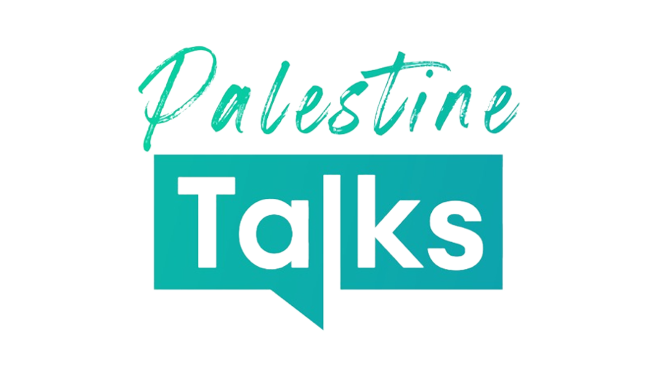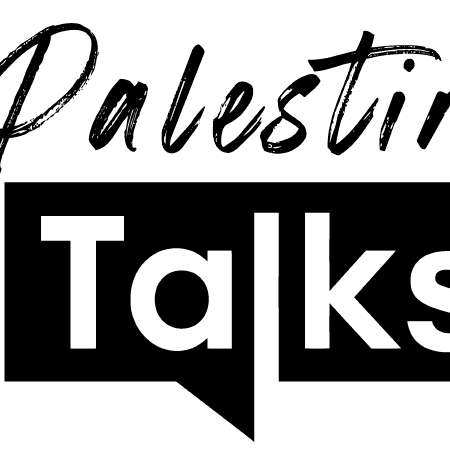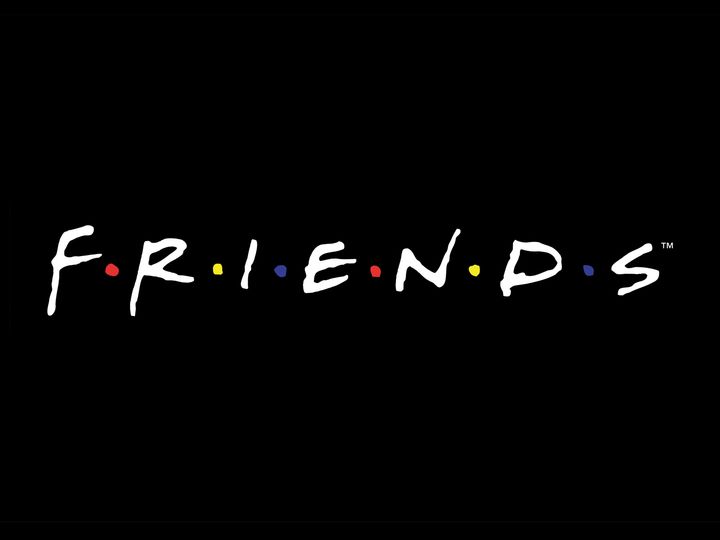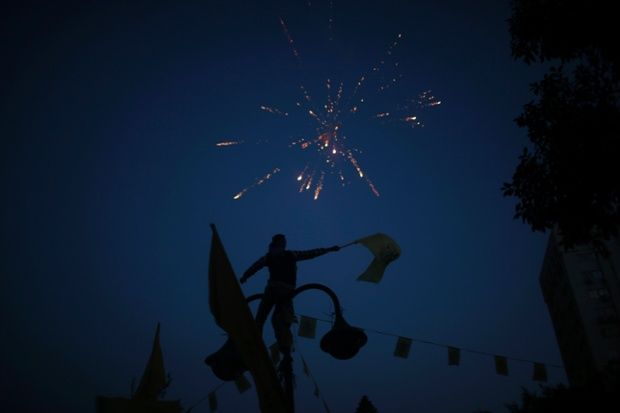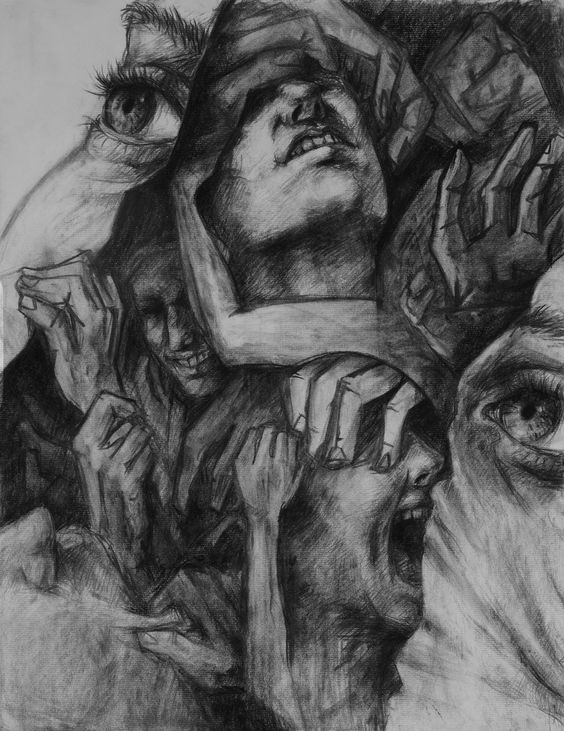Ahmad and Ahmad: Two Young Men of Palestinian and Ukrainian Descent Experience War and Dispossession in Their Homelands.
Cars blazing through the street in the afternoon, static eyes, clotted blood, my organs shut down as my soul is sucked out of my body . I am mummified while writing these lines. This is my daily experience with every passing car or bike, in every class, and in my everyday life in Gaza. I'm a prisoner to my surroundings and so are many who would only confess to this privately after the war. Hearing the barrage of rockets piercing air and roofs and shockwaves shaking bodies and souls might be a forgiven fact in times of war, but it's a humanity-stripping experience that turns one into a mere body so hollow it echoes nothingness leaving one's psychology with an everlasting scar.
Yet I'm still sane and able to remember things including my name and where I live. Waking up every day to the sound of Israeli spy drones and F-35s flying closely overhead, constantly reminding me, even if I try to forget, that I'm a refugee living here in the Gaza Strip, the largest open-air prison in the world. The nearly two-decade-long land, sea, and air blockade has erased all possibilities of traveling to see my relatives in Ukraine and even made it impossible to move freely within my homeland, thus rendering my passports useless.
As a person with a Palestinian father and a Ukrainian mother, both sides of my family have experienced the trauma and dispossession of war. My Ukrainian grandmother is the only member of her family of seven who survived their deportation and diaspora during World War II; the rest died from starvation and were thrown from trains on their journey to exile from Crimea. I'm living my ancestor's refugee life in Palestine. My grandfather is a survivor of "Al Nakba," the permanent displacement of the majority of the Palestinians in 1948. He’s literally older than the Zionist state itself. Still having the keys to his father’s house in the town of Hamama believing he would return one day, he gave me the keys so that he wouldn't lose them. I promised to return them when we return to his house. Until that day comes I will take care of his keys.
Like all children in Gaza, I never knew why we were being bombed every couple of years. However, growing up I understood that the Israeli occupation does not differentiate between Palestinians; we are all equal in our suffering and humiliation forced upon us just for being Palestinians. I'm not recognized to have a state or belonging to anyone, feeling left behind and forgotten as if I just don't exist.
Ironically, this status of loss and oppression has been a mutual feature that led to a greater relationship with my friend Ahmad, a twenty-year-old Palestinian-Ukrainian living in the Russian-occupied Crimean Peninsula. He's also a junior law student who wanted to be a dentist just like his father, a Palestinian who traveled for education and started working in Ukraine. Our parents are graduates of the same faculty at the same university. Both of us share the same names, interests, and everything; you may call us twins. My contact with Ahmad was always through a screen as I never managed to pass the gates of the Gaza Strip to visit him. However, this wasn't a barrier to our friendship. We were learning organ names and reciting surgery steps in hopes of continuing the medical personnel heritage in our families. Despite our early interest in medicine, we both ended up studying law.
My friend Ahmad woke up during many days of uncertainty and political tensions and his mother's pale tearful face in 2014. He found his country occupied by neighboring Russia and "little green men'' who had blockaded the Crimean Peninsula. They were the Russian military. For my friend Ahmad, yellow sunflowers on the beautiful hills turned into prison bars by the omnipresence of all-seeing Russian intelligence forces.
People were forced to submissively swallow the "Russification" pill, causing flashbacks to times of deportation and oppression. People were judged in a heartbeat for their origins and prosecuted if their lips dared to move in their own language. My friend asked himself, “How can one, a victim of occupation, be neutral in describing his occupier?”
Six months after the Russian invasion of Crimea in 2014, my family and I in the Gaza Strip were trapped in another barbaric war between Hamas and the Israeli Forces. As fighter jets dominated the sky, our hearts were pounding as we ran from room to room trying to hide from the shrapnel flying all around us. Unfortunately, there was no shelter. The situation we found ourselves in felt surreal, but we also knew that the losses we suffered were real. I felt half-human at best. “Are they conscious when they bomb us?”, “Can soldiers feel?” one asks after seeing entire residential blocks and families evaporated and crossed off from the civil record. To this day people are still internally displaced and living in the streets with no home or family to return to. But this isn't the last round! There are no sirens or alerts to warn the people of incoming rockets. Feeling war drums playing is a sense you develop living here with every escalation. And this time the drums are playing. War engulfed the Gaza Strip again at the beginning of Ramadan in 2021, just before the people broke their fast. I can't recall anything of that time as if I was in a coma. All I have are fragments of memory of my Ukrainian friend Ahmad constantly calling to check on me. He wanted to see if I was alive and how near the last bombing was to me as he watched residential buildings in Gaza fall like dominoes on his television screen. Fortunately, I could assure my friend that I was alive. However, I couldn’t honestly tell him that I was ok.
For both of us, Ahmad living in Ukraine, and myself in Gaza, the chain of wars has never stopped or relented. The current Russian invasion of Ukraine continues despite my hopes for peace. I haven't heard from Ahmad since the war started, Communications are monitored and the internet is under heavy censorship by the Russian government. I can’t risk any chance of trying to call him or his family or even send a message. I can't bear the thought of them being hurt or jailed. My friend and I have lost both our homes to occupiers. Our hope and faith in prosecuting Israeli and Russian war criminals in courts are fading, as if “Lady Justice” is on vacation from our lands. As Ukrainian-Palestinians, the stories of our peoples’ suffering and oppression have sparked our joint pursuit of a law degree focusing on international criminal law. We want to be the ones who plead our cases. This is our means of paving the way for justice and the liberation of our lands, keeping the promise to return with keys in hand. We were and still are standing for our roots, our homes, and justice for all human beings.
